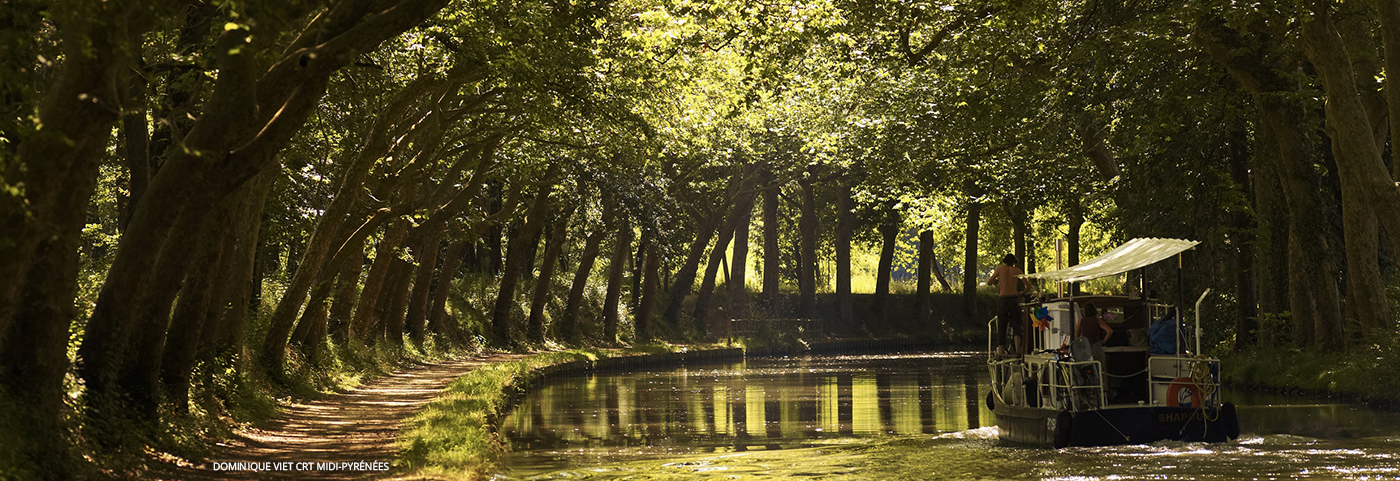
Phy2SUDOE
Advancing in the application of innovative phyto-management strategies in contaminated areas of the Sudoe space

Axis 5 Environment and resource efficiency
Objective 6d1 Reinforcing the cooperation of the SUDOE stakeholders of the natural sites through the development and the use of joint methods.Image gallery
- Environmental services (management and risk protection and biodiversity) and energy (production technologies, distribution and storage from renewable sources), air quality and emissions control
- 2. Agencia Estatal Consejo Superior de Investigaciones Científicas (CSIC) Instituto de Investigaciones Agrobiológicas de Galicia (IIAG) Grupo de Microbiología de Suelos (ES)
- 3. Universidade de Santiago de Compostela Facultade Bioloxía (ES)
- 4. Universidad del País Vasco/Euskal Herriko Unibertsitatea Facultad de Ciencia y Tecnología Departamento Zoología y Biología Celular Animal (ES)
- 5. Centro de Estudios Ambientales del Ayuntamiento de Vitoria-Gasteiz (ES)
- 6. INSTITUT NATIONAL DE RECHERCHE POUR L’AGRICULTURE, L’ALIMENTATION ET L’ENVIRONNEMENT UMR1202 BIOGECO (FR)
- 7. Fertil'Innov Environnement (FR)
- 8. Département de la Charente (FR)
- 9. Universidade Católica Portuguesa Centro Regional do Porto Escola Superior de Biotecnologia (PT)
- 10. CloverStrategy, Lda (PT)
Project summary
Phyto-management is a phytotechnology, arising from phytoremediation, based on the use of plants (trees, shrubs, herbaceous) to control the risk associated with the presence of contaminants in degraded sites, while: (i) they are generated products (eg, wood, resin, essential oils, bioenergy, ecocatalysts) from harvested biomass; and (ii) the supply of ecosystem services is enhanced (e.g., C sequestration, erosion control, creation of habitats). Phy2SUDOE aims to value sites contaminated with metals-metalloids and / or organic compounds in the SUDOE region through the use of phyto-management strategies aimed at the generation of ecosystem products and services in these sites, while minimizing the environmental impact of pollutants. could cause. Likewise, this project aims to implement strategies for the conservation of endemic biodiversity typical of some contaminated sites (e.g., metallurgical flora, plant growth-promoting bacteria, etc.) due to their intrinsic and utilitarian value (e.g., biotechnological applications). Phy2SUDOE is a continuation of the PhytoSUDOE project in which a network of sites was formed, mainly contaminated with metal-metalloids, phyto-managed in the SUDOE region. Phy2SUDOE intends to: (i) consolidate the network formed in the previous project; (ii) expand the aforementioned network of sites with new contamination cases (soils contaminated with organic compounds or with mixed contamination) and innovative phyto-management strategies based on the mixture of plant species; and (iii) promote the conservation of endemic biodiversity in some sites that host biota of conservation and biotechnological interest, while promoting biodiversity through the implementation of phyto-management strategies. A novel aspect of Phy2SUDOE is the presence of partners of very diverse types: in addition to universities and R&D centers, companies, administrations and site managers participate, which favors the link between the creation of solutions and management strategies.
Participating regions
- Aquitaine
- Centro
- Galicia
- Languedoc-Roussillon
- Norte
- País Vasco





